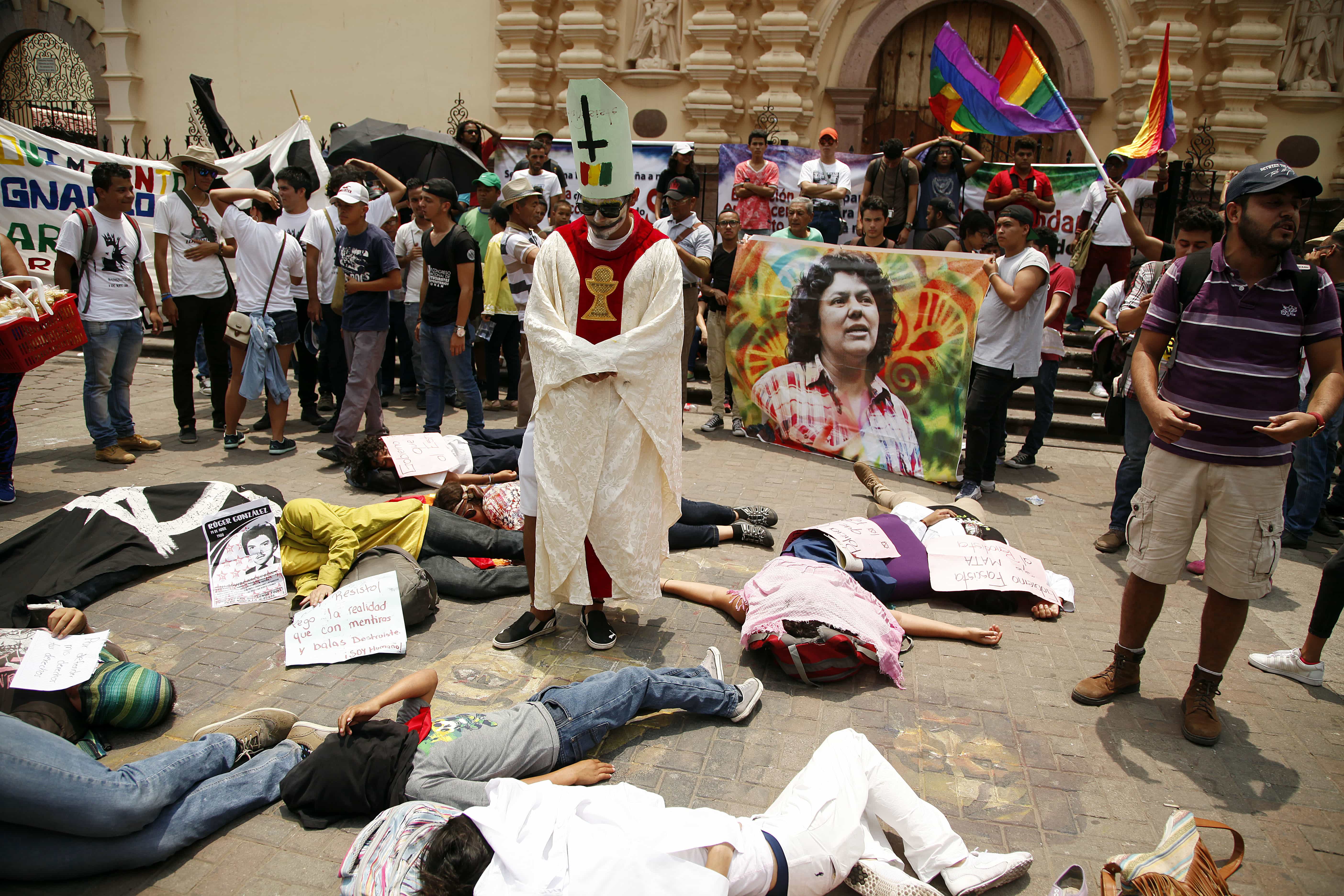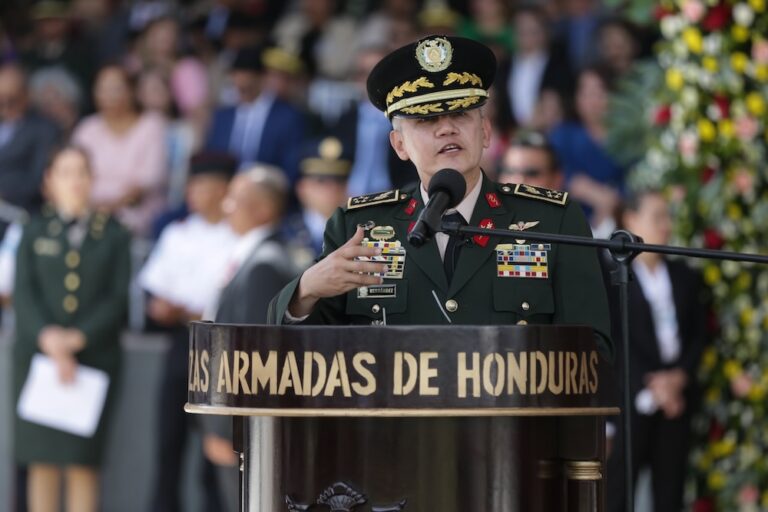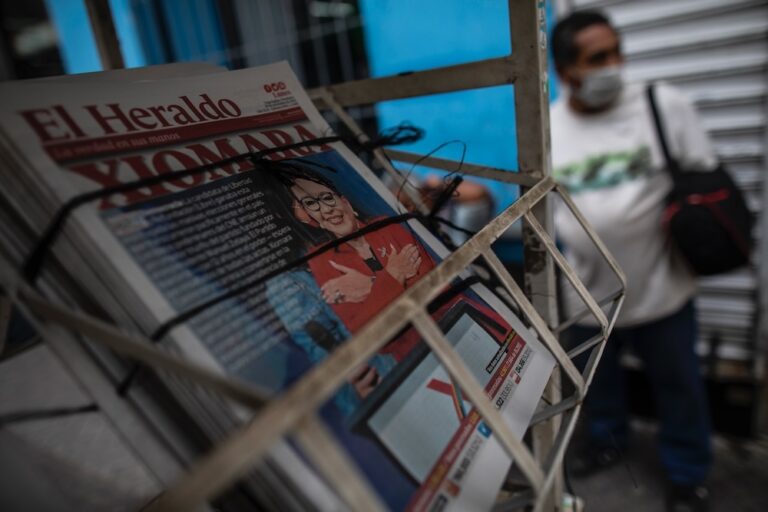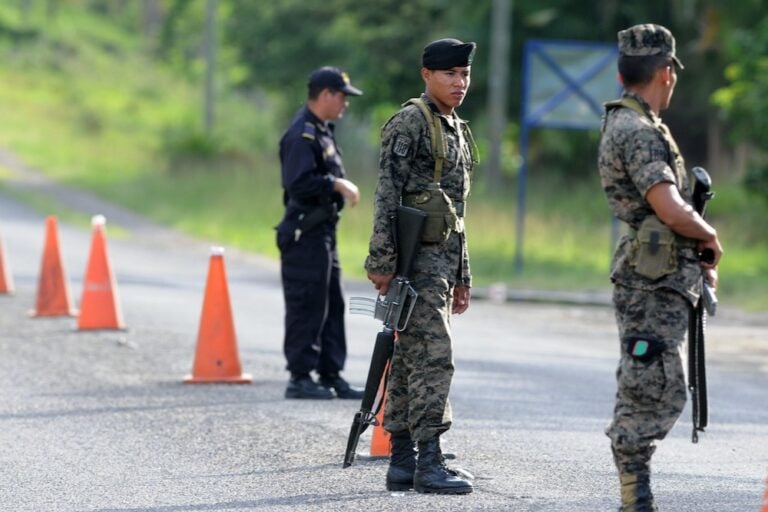Violence and threats against activists and journalists in Honduras are among the highest in the world. And new laws are making the situation even worse.
Thursday, 25 May 2017, marked the Day of the Journalist in Honduras, but there was little to celebrate. The country continues to be immersed in a strong wave of violence threatening the media, journalists, and activists. Attacks are taking place and concern has extended to local and international organisations, who see no way out of this vicious cycle of violence and repression of freedom of expression.
This state of affairs has been prevalent for several years, with the 2009 coup d’etat marking a turning point for the state of freedom of expression in the Central American nation. The country also fell three places in the Reporters Without Borders 2017 World Press Freedom Index.
“Steeped in corruption and the violence stemming from organised crime groups, Honduras has one of the hemisphere’s highest rates of impunity. Journalists with opposition media and community media are often physically attacked, threatened, or forced to flee abroad,” RSF notes in their 2017 report.
In addition to the attacks and threats, there is another aspect exerting pressure on activists and communications professionals: a system of laws that punish and restrict freedom of expression. One of the latest developments was the adoption of amendments to the Penal Code that were severely condemned by associations like the Inter American Press Association.
More deaths, more attacks
A few months after the start of 2016, Honduras was shaken by the death of renowned activist Berta Cáceres, shot dead on 2 March 2016. Nelson García, another activist, was killed several days later as well.
On the Day of the Journalist in Honduras, Ronnie Huete, a correspondent for Brazilian news outlet Desacato, was arrested by members of the National Police while covering the removal of students from the National Autonomous University of Honduras. According to a member of C-Libre, Huete was beaten by police and private security at the university.
A group of students that occupied facilities at the university in a civil protest were violently removed by a group of soldiers and police officers. Troops entered the university despite the fact that the university’s autonomy… prohibits them from doing so and without obtaining a court order of any kind to authorise the entry.
Preceding these incidents was another series of unfortunate events: on 19 May 2017, Radio Progreso correspondent Cesar Geovany Bernárdez was arrested after having participated in a Board of Directors meeting for the Honduras Fraternal Black Organisation (Organización Fraternal Negra de Honduras, OFRANEH).
On 22 May, journalist and director of TV news program Telavisión Edición Estelar, Ricardo Patiño, reported that he had received threats via social media and was physically assaulted in April.
These latest cases join others, like that of journalist Edgar Joel Aguilar, correspondent for Channel 6 in the City of La Entrada, a municipality of Nueva Arcadia, Copán, who received a death threat on 1 February 2017.
On 17 January, journalist Igor Padilla was shot to death. Colleagues at the news outlet where he worked received death threats days before the attack.



